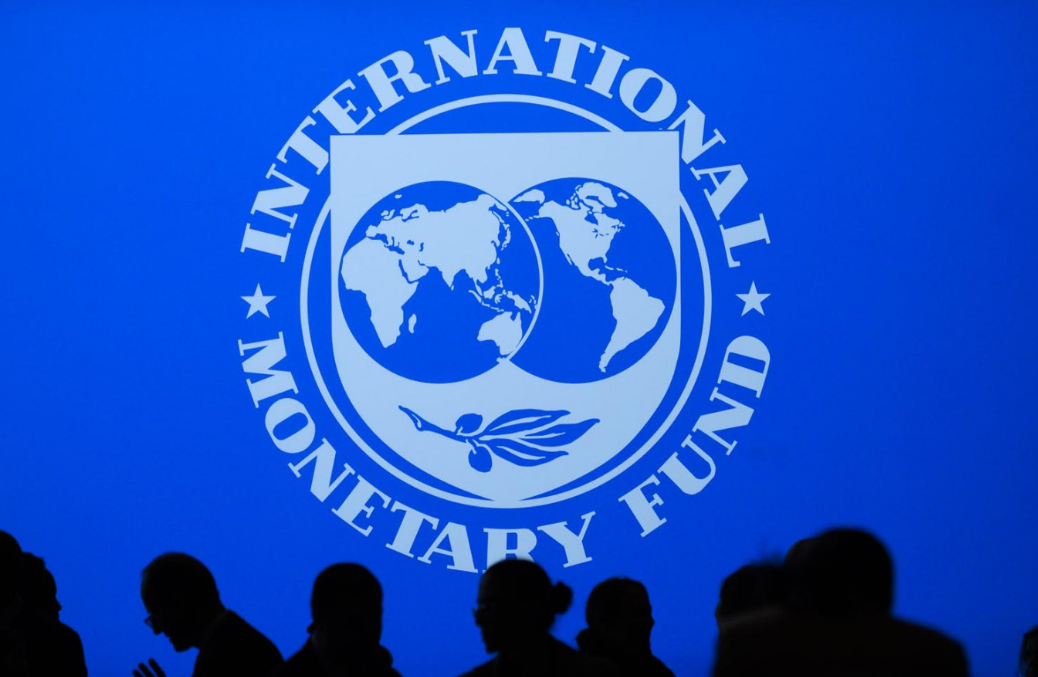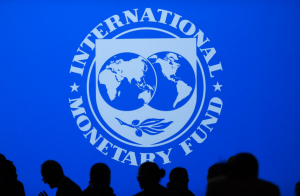Join Our Telegram channel to stay up to date on breaking news coverage
Cryptocurrencies have certainly become an essential part of the financial ecosystem around the world.
So much so that the impact they have on economies is now unfathomable. With so much reliance on cryptocurrencies, global financial bodies like International Monetary Fund is observing and planning to take a stringent approach toward cryptocurrencies and their regulations.
Cryptocurrencies are now becoming an integral part of economies around the world, and hence the call to regulate them is now more important than ever.
As cryptocurrencies move on from their niche to a more mainstream role in finance, as speculative assets or a mode of payment, too, a regulatory framework has to be in place.
Your Capital is at Risk.
Call for Action: Is It Too Late?
The International Monetary Fund has expressed concerns over the absence of a proper regulatory framework for cryptocurrencies.
Cryptocurrencies’ unprecedented, albeit volatile growth in market capitalisation has led to them seeping into the regulated financial ecosystem, which leads to a bit of ambiguity around the bylaws pertaining to cryptocurrencies.
Apart from this, the expansion of cryptocurrencies into different products and offerings and evolving innovations have led to the facilitation of issuance and their transactions.
Failures of crypto exchanges, issuers and hedge funds, combined with a recent slump in cryptocurrencies’ valuations, have led to an even more proactive push toward regulating cryptocurrencies.
IMF’s Listed Areas of Concern
According to the International Monetary Fund, the existing regulatory policies and frameworks aren’t suitable to be implemented for cryptocurrencies due to a number of reasons.
Firstly, the crypto world is constantly evolving. Being a relatively newer player in the financial ecosystem, updates are being made to upgrade cryptocurrencies and their utilities. In order to create regulatory policies, bodies around the world are finding it hard to get people on board which are adept with the latest workings in the industry.
To further complicate the existing situation is the terminology used for various crypto-related activities, which isn’t uniform across the globe.
Moreover, the volatile cryptocurrency market is moving consistently. Although, the data to take that into consideration is still not sufficient, and the regulators find it difficult to keep a tab on various industry players, which technically aren’t required to report to the law as per the existing laws.
Apart from the above-mentioned areas, the national bodies and concerned authorities across the globe need to come together for a better implementation of the regulatory policies and frameworks.
The concerns mentioned above wouldn’t have been much of an issue had the overall cryptocurrency ecosystem been closed to the outside world. However, in recent years, the industry has boomed, and that is no longer the case. There are players in the ecosystem who are vying for funding and getting to expand into various areas for a more expansive reach.
Countries Around The World Taking Action
Many countries are taking steps to address and acknowledge cryptocurrencies with the tools they feel are the most feasible.
Countries like Japan and Switzerland have amended or introduced new laws covering cryptocurrencies and their service providers, whereas countries like the United Kingdom, the United Arab Emirates, the European Union and the United States are drafting ones for their population.
On the contrary, there are countries which have figured to ban cryptocurrencies and related assets by prohibiting the issuance or holding of crypto assets by their residents.
IMF’s Proposed Solution
The authorities in countries around the globe have been taking varied approaches to tackle this issue by weaving a regulatory framework that is suitable for everyone and yet regulates the cryptocurrency market wherever possible.
The International Monetary Fund suggests an approach that can be easily regulated and implemented by national authorities across the world. This approach recommended by IMF stands on three pillars mainly.
Coordinated
Any regulatory framework prepared with respect to cryptocurrencies needs to be done in a coordinated approach. This is to ensure that no regulatory gaps arise from cross-sector and cross-border issuance, providing a level playing field for all players.
Consistent
While the cryptocurrency market regularly evolves and develops, the regulatory frameworks need to be consistent. This is to ensure that they are also aligned with the mainstream regulations.
Comprehensive
The regulations for cryptocurrencies need to be comprehensive. Such that it covers all the actors and aspects of the crypto ecosystem holistically.
Conclusion: Regulations That Don’t Suppress Innovation
The unprecedented rise of cryptocurrencies has been a surprise for many around the world. So much so that governments and national bodies around the world are now passing legislation and are taking steps to accommodate cryptocurrencies in their economies.
As institutional investors express their interest in cryptocurrencies, and it leads to them becoming a part of a more mainstream financial system, efforts by IMF and other bodies would be required to help regulate them.
Although, the question lies around the fact of whether the regulations of the future will be able to accommodate the current cryptocurrencies in the ecosystem without stifling the upcoming innovations that the industry has to offer.
Read More
Join Our Telegram channel to stay up to date on breaking news coverage


